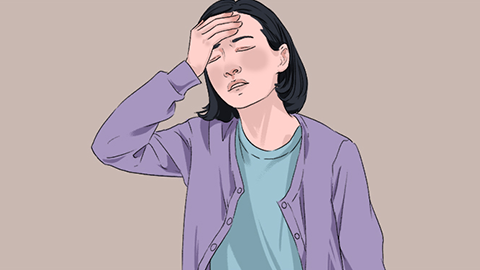CRP High Fever Usually Lasts for How Many Days?
Generally, the duration of fever associated with elevated CRP levels depends on the underlying cause and the treatment response. If the fever is caused by a common bacterial infection and treated promptly, the fever usually lasts for 3-5 days. However, if the infection is severe or treatment is delayed, the fever may persist for 7-10 days or even longer. Detailed explanations are as follows:

If the elevated CRP and fever are caused by a common bacterial infection, timely administration of antibiotics as directed by a physician, along with physical cooling methods or antipyretics, usually results in gradual normalization of body temperature within 3-5 days, with CRP levels subsequently decreasing. Adequate rest and increased intake of warm water are necessary to aid recovery during this period.
If the elevated CRP and fever are due to a severe infection or inadequate and delayed treatment, the ongoing infection may continuously stimulate the body's inflammatory response, causing the fever to persist for 7-10 days. In some cases, if the infection spreads and triggers a systemic inflammatory reaction, the fever may last even longer. Intravenous antibiotic therapy is required to control the infection, and body temperature will gradually decline once the infection is effectively managed.
Regular monitoring of body temperature changes is necessary in daily care, with temperature measurements taken every 4-6 hours to record fluctuations. Regarding diet, it should be light and easily digestible, avoiding spicy or irritating foods. Eating more fresh fruits and vegetables to supplement vitamins is also recommended.




